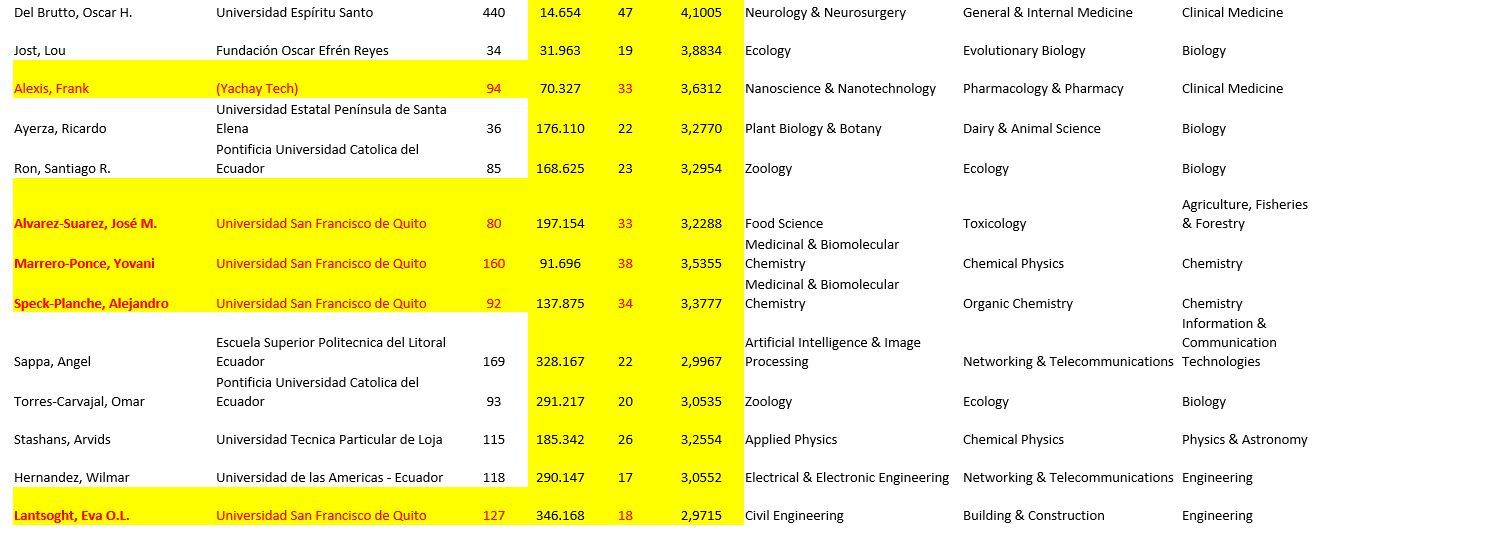
Getting a journal indexed
Getting a journal into a prestigious index is no small feat – but nowadays it has become more an administrative challenge rather than a benchmark of scientific quality and integrity.
We have seen a proliferation of new open access journals in the past decade. By now, this generation of “new” journals are all established enough to be indexed in Scopus and Web of Science.
At the same time, small independent open access journals struggle to get the same recognition.
Does that mean that the journals of big publishing houses are better than the small independent journals?
I don’t think so. There are in fact enough examples out there showing poor quality work (part of which is clearly generated by ChatGPT) published in indexed journals that are owned by large publishing houses.
What sets these journals apart, and why they have been able to rapidly get the necessary indexations, is the manpower they have available to dedicate themselves to get these indexations.
If I look at small independent journals, I see mostly volunteers who truly want to support the ideals of the open science movement. But typically, these volunteers (myself included) have a hard time getting their journals indexed.
What are the difficulties here?
First of all, there is a difference between one volunteer trying to put together an application for indexation on a Sunday afternoon versus having an entire office dedicated to such applications within a large publishing house (where they have already managed to get many journals through the process before).
Secondly, there is the problem of knowledge. Knowing exactly how to write a good ethics statement or a privacy notice on a journal website typically is not a skill most researchers possess – and so, we struggle to get the information correctly on the website.
Regardless of these challenges, I try to move forward with ACI Avances en Ciencias e Ingenierías, one step at a time, and with the expert support of USFQ Press.



